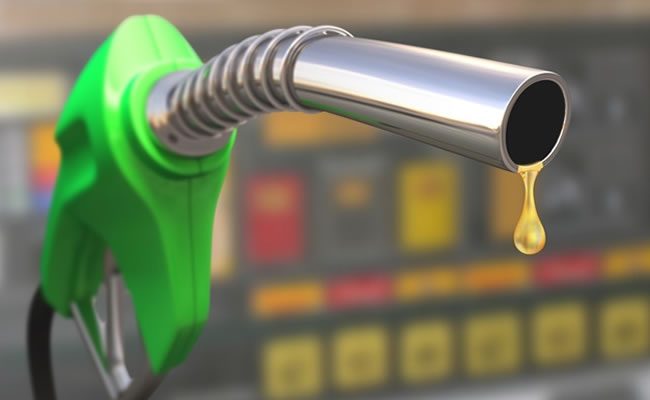Share!
The removal of fuel subsidies in Nigeria has reduced the refining market in Europe, Reuters reports.
According to the report, the fuel subsidy removal has led to the destruction of petroleum product demand in Europe’s refining market as well as the regional market for smuggled fuel.
Prior to the subsidy removal, Nigeria was one of the top destinations for European fuel exports as refiners have depended on fuel exports to make more profit, as Nigeria has no refining capacity.
But now that Nigeria has removed fuel subsidies, the European refining market will have to focus on other countries in West Africa as well as North America.
According to Reuters, market analysts say the reduction of flows following the upheaval in Nigeria will increase pressure on European refiners. Note that domestic demand for fuel has fallen following the fuel subsidy removal.
Earlier this month, Nairametrics reported that data from the Nigerian Midstream and Downstream Petroleum Regulatory Authority (NMDPRA) showed that domestic fuel consumption remained consistent at 62 million litres per day in both January and February 2023.
However, it experienced a significant increase to 71.4 million litres per day in March 2023.
Following this peak, fuel consumption decreased slightly to 67.7 million litres per day in April 2023 and then further to 66.6 million litres per day in May 2023.
However, June 2023 recorded a more substantial drop in consumption, reaching 49.5 million litres per day.
Meanwhile, July 2023 continued this downward trend with 46.3 million litres per day.
Reuters reports that following the fall in demand, onshore gasoline stocks in Nigeria have climbed to 960,000 tonnes from an average of 613,000 tonnes between January and June 2023. This is according to Jeremy Parker at the CITAC consultancy which focuses on Africa’s downstream energy market.
Meanwhile, the black market for smuggled subsidized Nigerian fuel in Togo and neighbouring Benin and Cameroon has collapsed, further reducing demand for shipments through Nigeria.
“Without the subsidy, the financial incentive for smuggling disappears. Average monthly West African (WAF) gasoline imports fell by 56% in the second quarter compared with the first, according to Refinitiv Eikon data.
“The key point is demand from West Africa is drying up,” said Refinitiv Lead Oil Analyst Raj Rajendran.
“Seasonally, June loadings from the Amsterdam-Rotterdam-Antwerp (ARA) hub to West Africa fell to 629,000 tonnes this year from 895,000 tonnes last year and 1.2 million tonnes in 2021, Refinitiv data showed.
“Loadings dropped to 627,000 tonnes in July so far this year from 1.5 million tonnes last year and 1.4 million tonnes at the same time in 2021.”
The Dangote Refinery context
According to the Reuters report, the huge, much-delayed Dangote refinery was designed to address the domestic supply shortfall in Nigeria, but CITAC estimates reveal that a full 650,000 barrel per day production is unlikely before the second quarter of 2025. Analysts said it was possible demand would not fully recover.
What you should know
According to Reuters, fuel imports have become increasingly unaffordable as Nigeria’s naira has weakened to record lows since the central bank removed currency restrictions in June.
At the same time, inflation is near two-decade highs, currently at 22.79%0
No related posts.
